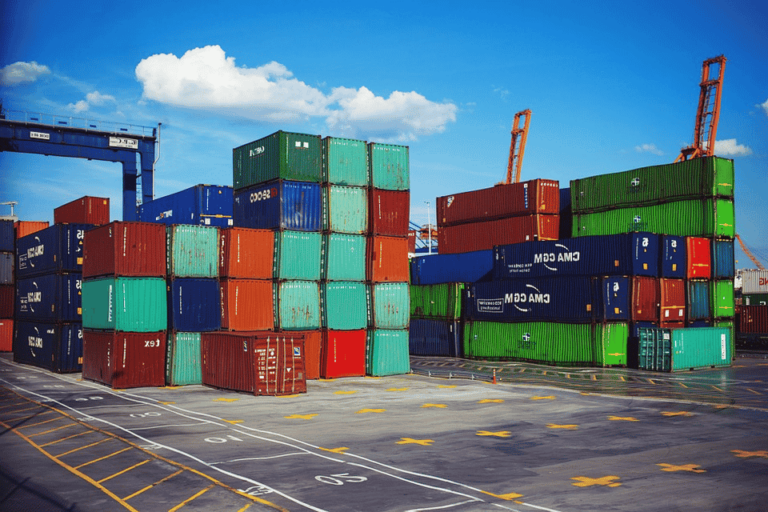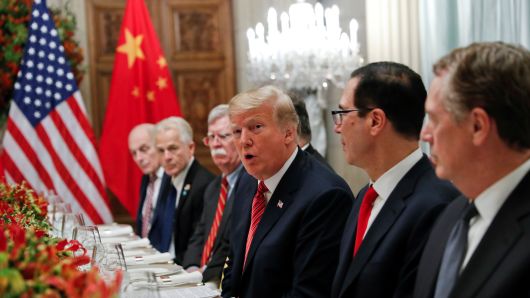NAFTA Series 2 of 3
Practical Advice from NAFTA’s “Front Lines”
4. Don’t sweat the small stuff. The seven percent de minimis rule (i.e. non-originating parts/costs making up less than seven percent of the total cost) can simplify the origination process. If non-originating materials do not meet the tariff change rules they may be ignored, as long as their aggregate value does not exceed seven percent. Textiles de minimis are calculated based on weight.
5. Solicitation is legal under NAFTA. Solicitation of COO’s from producers is legal. In fact, it is a necessity. Exporters need to prove that goods originate by obtaining documentary evidence from producers of goods and materials. Without the proof, exporters should refrain from issuing COO’s.
6. Keep it simple. Too often, exporting producers pester their entire supplier base for COO’s when focusing on key suppliers would be as effective. Originating the primary materials within a product may help achieve a simple regional value content requirement. A producer subject to tariff change rules may only need to solicit COO’s from producers of materials subject to the rule.
7. No 1 is NO fun. If an exporter does not have documentary evidence of origination from a producer, the company must claim “No 1” on the COO. This is a weak statement that can result in a challenge to the importer’s duty-free claim.
8. You don’t “HAFTA” NAFTA. NAFTA is a voluntary program. While there are incentives for participation, there are also good reasons to opt out. Check the duty rates in the destination country. For example, if you are shipping wood doors to Canada, they are already duty-free. Participating in NAFTA will not reduce the duties any further!
According to John Goodrich, author of the book, “NAFTA: A Practical Guide to Regulation, Documentation & Procedures” If you would like more information on NAFTA Training; click here or call us at 800.860.5030




